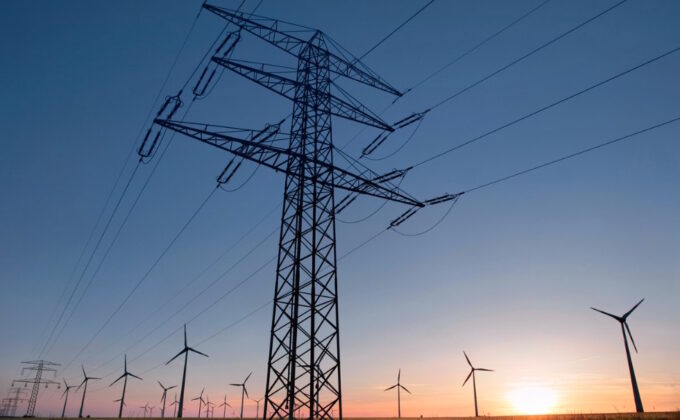Filter >>
Content Filter:
Advanced technologies are unleashing the potential for change in power sectors around the globe, transforming the way electricity is generated, delivered, and consumed. These changes hold great promise for a better, cleaner, more reliable, and lower cost future. Whether the… View Summary +
If the video is not visible, please accept all cookies to enable the player. Advanced technologies are unleashing the potential for change in power sectors around the globe, transforming the way electricity is generated, delivered, and consumed. These changes… View Summary +

If the video is not visible, please accept all cookies to enable the player. Advanced technologies are unleashing the potential for change in power sectors around the globe, transforming the way electricity is generated, delivered, and consumed. These changes… View Summary +
Advanced technologies are unleashing the potential for change in power sectors around the globe, transforming the way electricity is generated, delivered, and consumed. These changes hold great promise for a better, cleaner, more reliable and lower-cost future. Whether the benefits… View Summary +
Performance-based regulation (PBR) enables regulators to reform 100-year-old regulatory structures to unleash innovations within 21st century power systems. Our current electric system is built upon an old regulatory paradigm that ensured safe and reliable electricity at reasonable prices from capital-intensive… View Summary +

As utilities and regulators consider their strategies for complying with greenhouse gas emissions limits under the U.S. Environmental Protection Agency’s (EPA) forthcoming Clean Power Plan (CPP), natural gas has an important role to play. But a “dash to gas” approach… View Summary +
The challenges associated with improving grid function and ensuring customer value are universal, whether addressed in the context of an independent system operator (ISO) or not. Some utilities choose to join ISOs for the increased coordination in resource procurement, transmission,… View Summary +
这篇文章是睿博能源智库关于强制性节能政策(EEO)综合报告中对最佳实践的总结。世界各国政府一直努力通过设计和实施一些强制性节能政策提高终端能源利用效率,并实现其他相关的目标。这些机制要求能源供应商例如电力和燃气公司通过帮助用户实施终端节能措施来实现量化节能目标。全文报告分析了世界各地所采用的19种EEO政策机制。其中包括对中国2011年1月开始施行的电力需求侧管理办法的详细描述。全文报告用一张表格汇总并对这19种EEO政策的主要设计参数进行了对比。采纳这些最佳实践能够增强EEO政策的有效性,以最佳的成本效益提高能源效率。全文报告的英文版下载链接:… View Summary +
The D.C. Circuit’s Homer City decision doesn’t eliminate the uncertainty about environmental regulations that has vexed public utility commissions, the utilities they regulate, and the investment community for more than a decade. At a minimum, it extends that uncertainty farther… View Summary +
